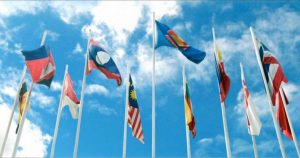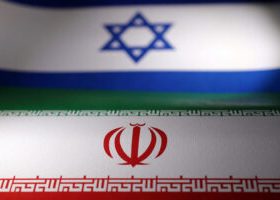JAKARTA — Indonesia has changed where it will host ASEAN’s first-ever joint military exercise to a location away from the South China Sea where several countries including China have overlapping territorial claims, its military said on Thursday.
The non-combat drills for members of the Association of Southeast Asian Nations (ASEAN) were originally set to take place in the southernmost waters of the South China Sea, which are also claimed by Beijing.
But the September 18-25 exercise will now be moved out of the strategic waterway altogether to the South Natuna Sea in Indonesian waters, said military spokesperson Julius Widjojono.
“This exercise is focused not on combat, so it is best suited for the south that is in direct contact with the people,” he said, adding the drills will be held in and around Batam island at the mouth of the Malacca Strait.
ASEAN’s unity has for years been tested by a rivalry between the United States and China that is being played out in the South China Sea, a conduit for about $3.5 trillion of annual ship-borne trade. Vietnam, the Philippines, Brunei and Malaysia have competing claims with Beijing, which asserts sovereignty over vast stretches of ocean that include parts of Indonesia’s exclusive economic zone.
China claims sovereignty over the area via an expansive ‘nine-dash line’ based on its historic maps, which an international arbitration court in 2016 ruled had no legal basis.
ASEAN has been pushing to complete a long-awaited maritime code of conduct with China, and several of its members have had run-ins with Beijing in recent months.
The military of Indonesia, which chairs ASEAN this year, said the decision to move the location was an independent one and that there was “no intervention” from other countries.
It also said Cambodia and Myanmar did not respond to an invitation to a preparation meeting for the exercise held on Monday among ASEAN countries. Both Myanmar’s junta leaders and Cambodia have close ties with China. — Reuters






